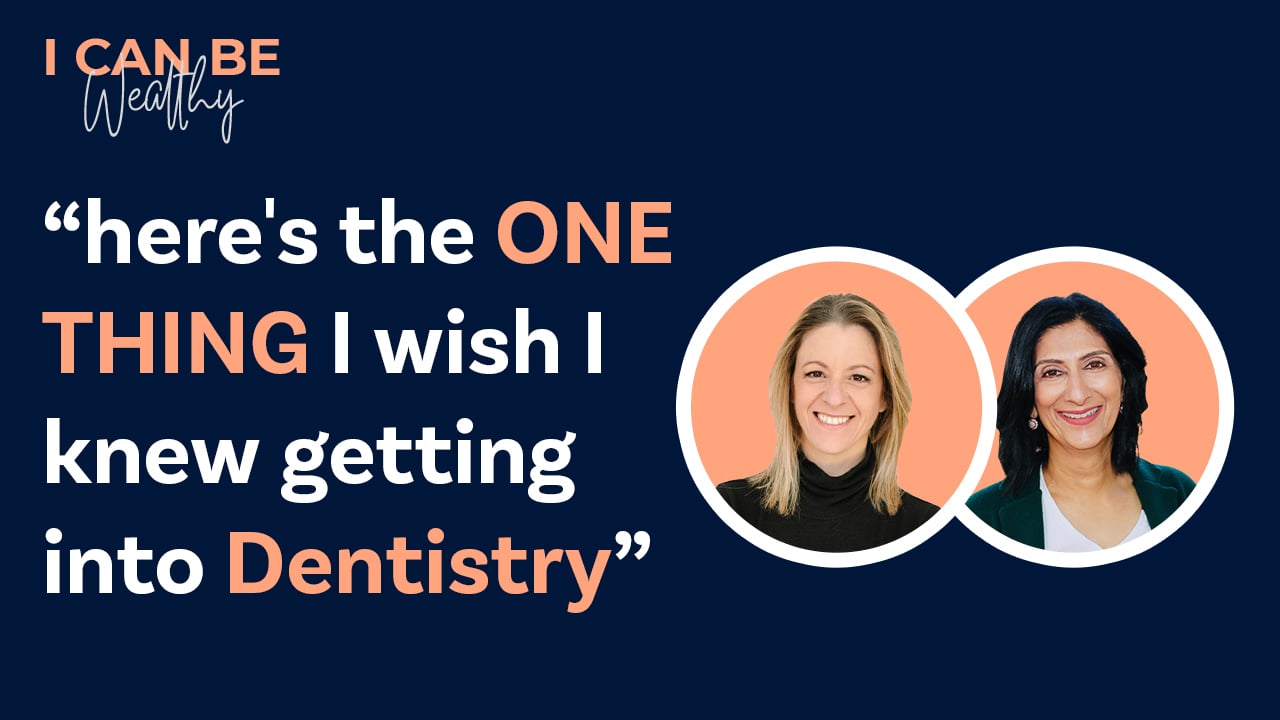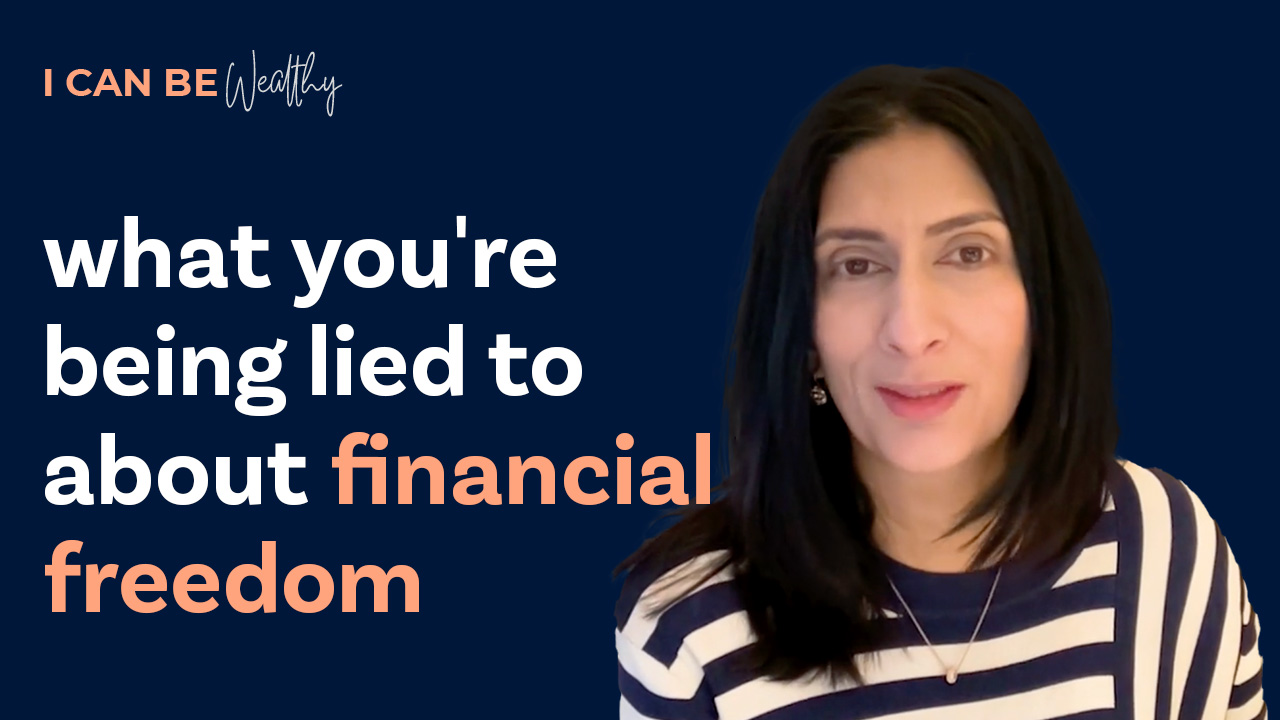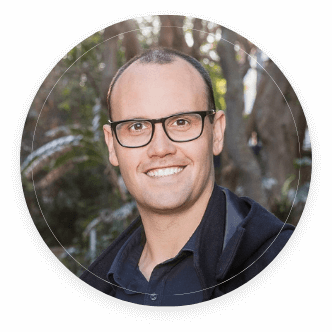“Humans are Emotional Beasts”
Where I want to start is by emphasising the idea that, as humans, “we are emotional beasts”. By our very nature, we tend to believe that whatever state of play we are in today is just going to continue, so we continuously extrapolate from where we are to predict where we are going to be.
An easy way to understand that is when we are in the middle of a particular trend, as we have been for the last couple of years, where things are on this seemingly upward trajectory and there’s a lot of fear of missing out on the market to propel investors to make decisions, whether it’s property or shares or otherwise, it’s really difficult to imagine that there’s going to be any event that can break that trend.
Overconfidence Leads to Increased Risk-taking
If you were to ask someone in the second half of 2021 what they thought they needed to do from an investment perspective, it was all about buy, buy, and buy particularly when we’re talking about real estate, which is an expensive asset.
The idea that most investors have is that the calamity of COVID is behind us and now we’re into blue sky territory so everyone should jump on the bandwagon.
There are a lot of investors who’ve been congratulating themselves over the last couple of years for what they believe to be hard-earned gains.
I’ve spoken to many investors who have acquired anywhere from three to six investment properties over the last two years and feel that they’re laughing all the way to the bank.
I think the reality is that we are not in a recessionary period. It’s really easy for investors to become overconfident, and when you’re overconfident, you take more risks, and it’s that very nature of risk-taking that pushes the market into an inflated or overvalued territory, and in the end, it’s what causes the bubbles or the recessions.
If you look at real estate in particular over the last two years, you will see valuations going into the insane territory. I think on our own home, the valuation went up over a million dollars in 12 months and I thought, “Far out, that’s just insane!”
I think whenever valuations go up and the market seems really buoyant, people feel like things can’t go wrong, but in fact, when you get those inflated valuations, that’s when the market is most prone to crashing.
When there is a crisis, people get motivated about trying to defend, protect, and batten down the hatches. That in itself creates more conservative investor behaviour, and that’s when you start to see markets recover.
My point is that there’s an element of the market being the complete opposite of a self-fulfilling prophecy just from the space of thinking that whatever trend we’re in now is never going to end and that’s just how human behaviour works.
Framework #1: Herd Mentality
One thing I’ve definitely witnessed over the last few years is this concept of herd mentality.
This is part of the problem why people believe that trends will just continue in the direction that they’re in right now.
It’s not that people don’t recognise that there are booms and busts. I think it’s just that we’re all optimistic, so if we’re committing dollars to a particular investment, our hope is that that trend continues.
This herd mentality, which I’ve witnessed here in our market in Australia and in New Zealand for that matter, is this idea that we believe we can follow the herd so we can avoid doing our own research.
We make decisions on the back of the fact that everybody else has made some great decisions and we are just riding their coattails.
Framework #2: Sticking Head in the Sand
The other extreme is when I’ve seen investors stick their heads in the sand, so there’s no question, in spite of the data coming out of the property data houses right now, suggesting that the corrections are fairly minuscule in terms of the number of days’ properties sit on the market and the average discounting done by vendors.
I’ve seen some very prominent property gurus published data in the last week or two implying that yes, the market’s cooling, but it’s nothing to worry about, and that, in combination with everything else going on in the world, isn’t fooling a lot of investors.
There are certainly a lot of people out there who are really concerned, as am I, about the state of the world and what the future holds.
Framework #3: No Action is Better Than Taking a Risk
What I’m also witnessing right now is that there are many investors who subscribe to the idea that no action is better than taking on risk, but I think that the head-in-the-sand strategy doesn’t work either because it isn’t an insurance policy against harm.
I think we’re in a period of some fairly significant transition. Prior to even COVID, we were in a decade of massive growth and certainly, a lot of markets entered blue sky territory where they’d never been before.
But I think with everything that’s going on right now, the focus really needs to be on how you sustain an above-average performance.
Part of the game with investing is just showing up and trying to stay flexible in your thinking.
What that means from my perspective is that yes, you need to think about your core principles, but sometimes, given the market conditions, you’ve got to calibrate what your investing rules are and how you express your core principles.
Having strong views on what is a good investment and what doesn’t make a good investment, doesn’t make sense when you’re in a state of flux.
Explaining “Humans are Emotional Beasts”
In reference to my comment that “we’re emotional beasts”, I think it’s dangerous to get swept up at either end of the sentiment market, which means if the market is bullish, meaning, everybody thinks that the market’s going to continue to rise, we don’t want to get too caught up in that.
Over the last two years, I’ve been relatively sceptical about the insane growth in the market.
On the flip side, right now, we’re on the cusp of a pretty serious bear market and I’m already witnessing massive discounting in the real estate market, so as I said earlier, those numbers haven’t actually been fully reported and it makes me curious.
I know there’s always a lag in data, but I also wonder that there are so many people for whom it would not be in their interest to report on a crash: whether it’s government or property people themselves.
As I said, you don’t want to get swept up in either a massive bull market or a massive bear market. Nor do you want to get caught up in the panic selling or the crisis around bear market pessimism.
The Ugly Truth
That’s the framework that I want to set out for the key points that I want to make today.
The ugly truth is that if the market were to completely tank, then everyone, regardless of status, net worth, or where they are in terms of their investing season, will take a haircut.
Asset prices could drop, years of hard-earned gains could be wiped out, lending could freeze up, businesses could really suffer or fail, and the whole thing could be extremely bleak.
The question that I think is worth asking yourself is not whether or not you will take a loss, whether you’ll take a hit, or whether your net worth could take a haircut, but how you position yourself to minimise that impact.
The focus of my intensive mastermind last weekend was all about the things that you should be doing to defend against the massive volatility and turbulence in the market and to position for being in that very small percentage of investors who may experience some hardship, but don’t get completely wiped out, and more importantly, position yourself to prevail once these headwinds pass.
Know What You Want
If you want to put yourself in a position where you do have an investing edge, it’s really important to remind yourself of who you need to be.
You need to ask yourself questions such as, “What are others thinking? What are others buying? What are others selling?”.
The thing to remember is, that when events happen, good or bad, events are just events, and it’s more important to watch how people react to those events because that’s what dictates market sentiment and direction.
As I mentioned a moment ago, this whole idea of herd instinct is a phenomenon where a group of people follow the actions of others because they are under the assumption that those individuals have gone and done their research.
It’s an investor who gravitates towards those people who have strong opinions on what to do and blindly follow them.
How Do Normal People Invest?
When we have herd instinct at scale, that’s when you start to see bubbles, market crashes, panic buying, and all those things that we’ve certainly witnessed in the past.
If I think of how normal people invest, what they do is first ask the question, “What do I want?” The second thing they do is they say, “What are other people doing?”
There’s nothing wrong with that question. It’s a great starting point, but you want to be really mindful of when you are exhibiting the herd instinct when you are jumping into an investment.
Just because somebody else thought it was a good idea or some really loud voice in the market is telling you that that’s the way to go.
There’s no question that people’s ability to predict the future is complete and utter crap.
Even if they get it right, they’re probably just lucky more than anything else. You cannot predict the future.
But if the second question you ask is, “What are others doing?”, the majority of people just stop right there. Then they say, “Well, how do I achieve the first point, which is what I want in light of what others are doing?”
That’s the normal paradigm for many investors, and what I’m advocating is that we move to another paradigm.
This term has been coined by Ray Dalio, who is the founder of one of the largest hedge funds in the world, and I’m simplifying and adapting my own model based on his definition of what he calls hyper-realism.
Essentially, what he’s arguing is that the idea of hyperrealism is about accepting reality exactly as it is rather than wishing it was different, and I think this is applicable not just to investing but also to life in general.
Depression, anxiety, and all those emotions come from wishing things were different than exactly what they are. When there’s a discrepancy between what reality is and what you want reality to be, that’s where the angst comes into place.
Hyperrealism
Again, the starting question is the same which is, “What do I want?” Obviously, there are lots of layers to that everything from “What is my risk tolerance?”, “What am I wanting to achieve?”, “What’s my timeline?”, “How much time do I have to give to this head space?”.
The second question then becomes, “What is actually happening?” This is the hyper-realism bit. This is about looking around you and saying, “What are the actual events that are going on and how are people reacting to that?” and getting very granular and getting into the weeds about what is happening to sentiment.
There are so many measures of sentiment, but it’s partly about looking around you and anecdotally understanding what is happening in your local environment.
It’s also about looking globally at a macro level and trying to make sense of what is happening in the world.
If you can put those two things together, “What do I want?” and “What is actually happening?”, then you can start to position yourself to ask the question, “How do I achieve that first question, which is what do I want in light of what is happening?”
That is a very different flavour of question to be asking yourself, and it’s certainly what I’ve witnessed some of the best investors in the world do in order to give themselves an edge.
They’re not asking themselves, “What are other people doing?” They’re asking themselves, “What is happening? What is real? What is concrete?”
Final Thoughts
I don’t want to get too much into the weeds of what I think is happening today. I’ll save that for another episode.
But if you can really take action both in terms of what’s happening in your own existing portfolio, as well as how you continue to accumulate investments or at what pace you accumulate investments or asset classes, then you can start to put yourself in that small percentage of investors that prevail in spite of any market conditions.
There’s no question to me that there is a very small cohort of investors that have managed to succeed regardless of market conditions and have seen many cycles in the past.
I’m not saying that you won’t make a loss or things won’t go sideways, but what we want to do as investors is put ourselves into that professional investor mindset where, regardless of what happens in the market, we can put ourselves into that small cohort of investors where the impact is minimised.
What I wanted to drive home today is that it’s not necessarily the complex things that give you an investor’s edge. It’s often very simple, but simple doesn’t mean easy.
What I would love to see more investors do is start thinking about the fundamentals that are necessary to set themselves apart from what everybody else is doing.
This is a really important topic given the influx in the world today. I’d love to double down on a series of podcasts over the coming weeks and dive into a lot of what I’m witnessing and a lot of what I intuitively believe are smart moves for investors who want to have an edge and unpack a little bit about the difference between maybe fiction and what’s real.
I hope you find that useful. If you have any topics that you are interested in and you want to have a bit of a play or you want me to bring them up in this podcast, please reach out to me. Send me an email at salena@www.www.inkosiwealth.com.
I look forward to connecting with you on future episodes. Thank you, as always, for making the time to tune in. I hope you found this really useful. Take care.
If you’re a business owner feeling frustrated that despite doing everything right in the property investing playbook and you’re no closer to financial freedom, then head over to www.inkosiwealth.com to learn more about how you can use alternative investments to catapult your investing income and blend strategies to shave decades off your timeline to financial freedom.
If you’re interested in understanding how to create wealth through alternative strategies, please check out my programs, where I help you catapult your investment income and blend strategies to shave decades off your timeline to financial freedom.
Or, you’re welcome to get in touch today, book a call with me, and I would be happy to talk you through it – no obligation!









